The heat wave experienced this year is affecting people and resources in Belize, and the Mesoamerican Barrier Reef is severely bleaching due to rising sea temperatures. A preliminary report issued by Ecomar, a non-profit organization, indicates that Belize’s water temperature has increased exponentially compared to any other year since 1985. This temperature rise has stressed corals, which are said to exhibit signs of mortality due to the severe bleaching.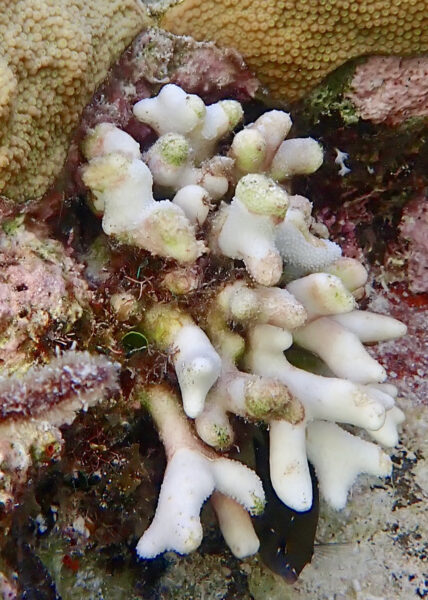
Coral bleaching has been reported on the corals in front of San Pedro, Ambergris Caye, within areas such as the Hol Chan Marine Reserve. They attribute these negative changes to recent weather temperatures that surpassed 30C (86F). Warmer waters can trigger coral bleaching, where the coral turns white as it expels the symbiotic food-producing algae living in its tissues. Prolonged bleaching events often cause corals to die from starvation, but they can recover if they reclaim their food source within a few weeks.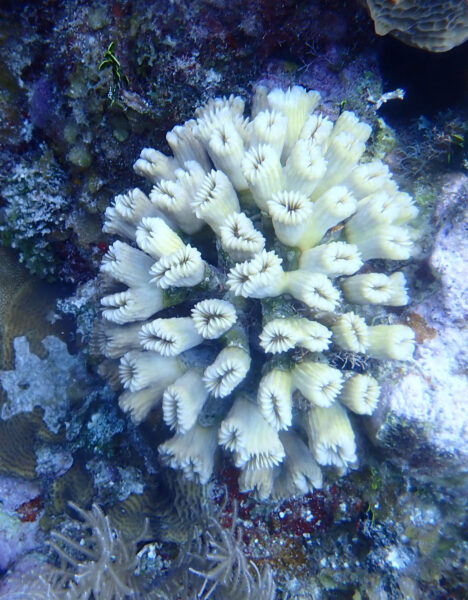
According to the studies shared by Ecomar, the seas became warmer earlier this year, resulting in many corals becoming stressed and, therefore, bleaching earlier than usual. They said that even though the first cold front swept over Belize on Monday, October 16th, the sea’s temperatures will take several weeks or months to decrease. As a result, the corals’ recovery time will be minimal before the next dry and hot season.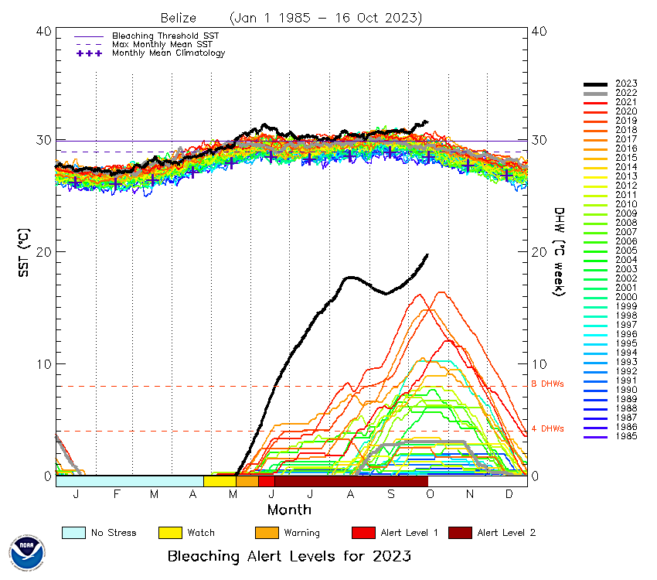 Ecomar and the Belize Barrier Reef Watch campaign are working on an annual report. According to them, this report will include program activities such as Reef Champions, those who have adopted reefs (taking care of specific reef areas), dive/snorkel sites, and beaches. In addition, the report will include a summary of reports from the field submitted throughout the year.
Ecomar and the Belize Barrier Reef Watch campaign are working on an annual report. According to them, this report will include program activities such as Reef Champions, those who have adopted reefs (taking care of specific reef areas), dive/snorkel sites, and beaches. In addition, the report will include a summary of reports from the field submitted throughout the year.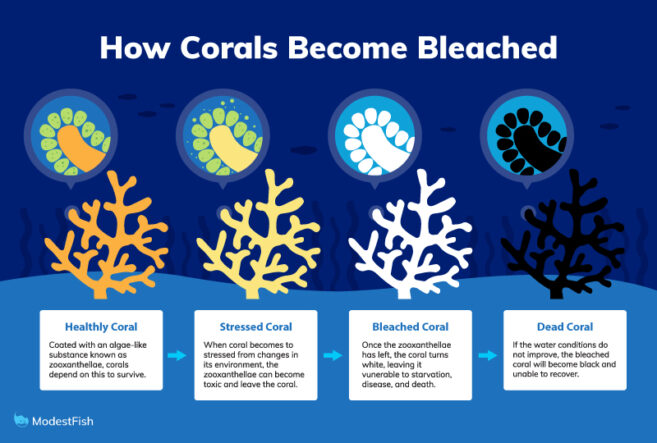
The non-profit organization invites the public to be part of the coral bleach monitoring program. The program asks anyone visiting reef areas to document coral bleaching and healthy corals. They ask to take pictures of the corals observed on the dive or snorkel sites. The information can then be submitted via this form: https://www.ecomarbelize.org/coral-watch.html.
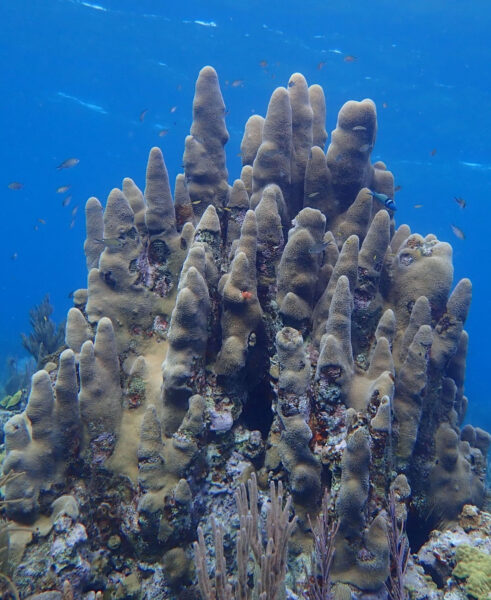 Even though this initiative is stakeholder-based and aims to engage with people working out at sea, Ecomar encourages all individuals and organizations to participate. They ask them to continue submitting their reports of observations to help identify the resilient areas of the Mesoamerican Reef in Belize. At the same time, tour operators are encouraged to explain to their guests that if colors look pale, it does not necessarily mean it is dead. The coral is simply pale due to stress and high temperatures in the water. However, when temperatures cool down with winter approaching, the beautiful natural colors will return to the undersea gardens.
Even though this initiative is stakeholder-based and aims to engage with people working out at sea, Ecomar encourages all individuals and organizations to participate. They ask them to continue submitting their reports of observations to help identify the resilient areas of the Mesoamerican Reef in Belize. At the same time, tour operators are encouraged to explain to their guests that if colors look pale, it does not necessarily mean it is dead. The coral is simply pale due to stress and high temperatures in the water. However, when temperatures cool down with winter approaching, the beautiful natural colors will return to the undersea gardens.
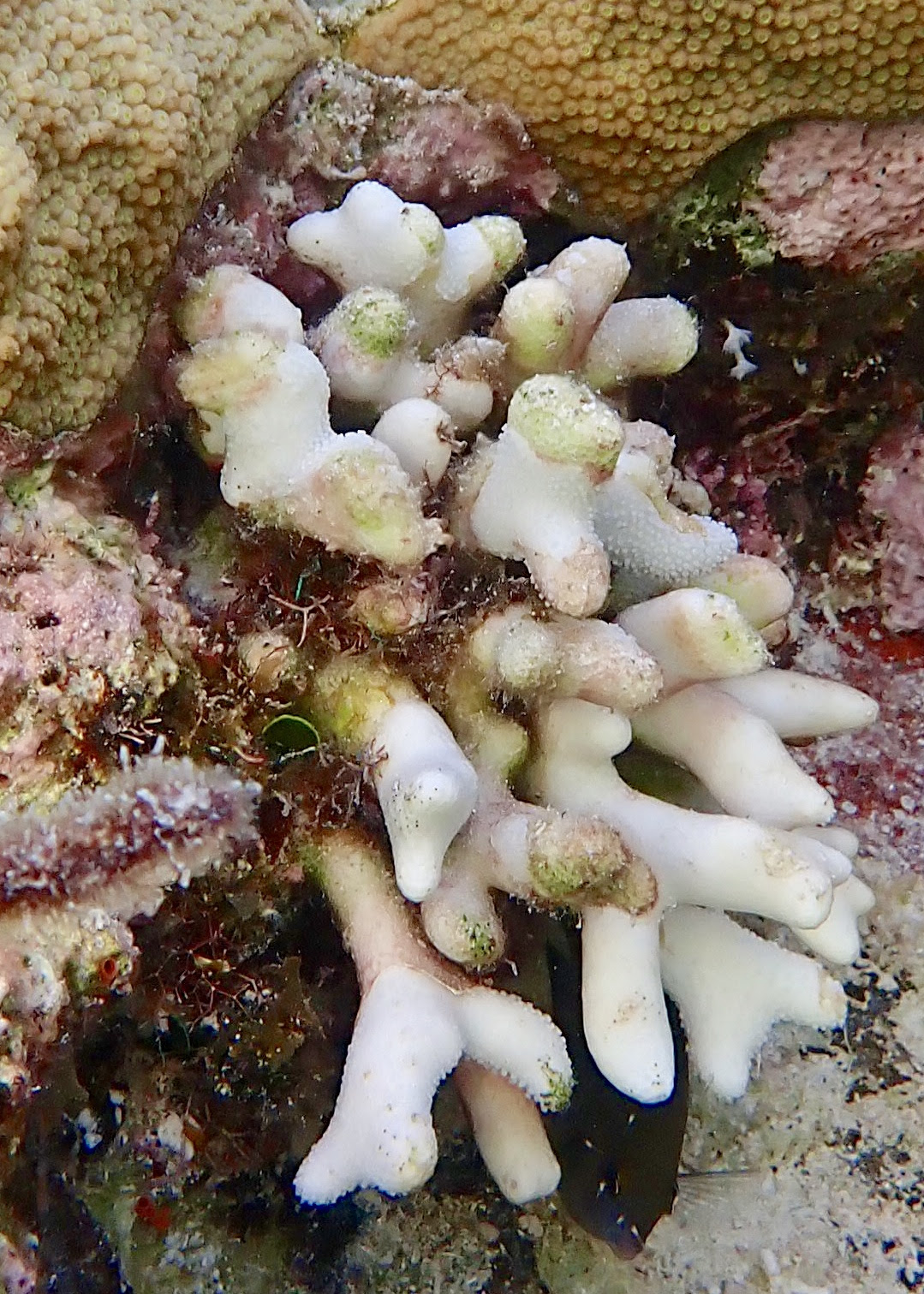
Share
Read more

